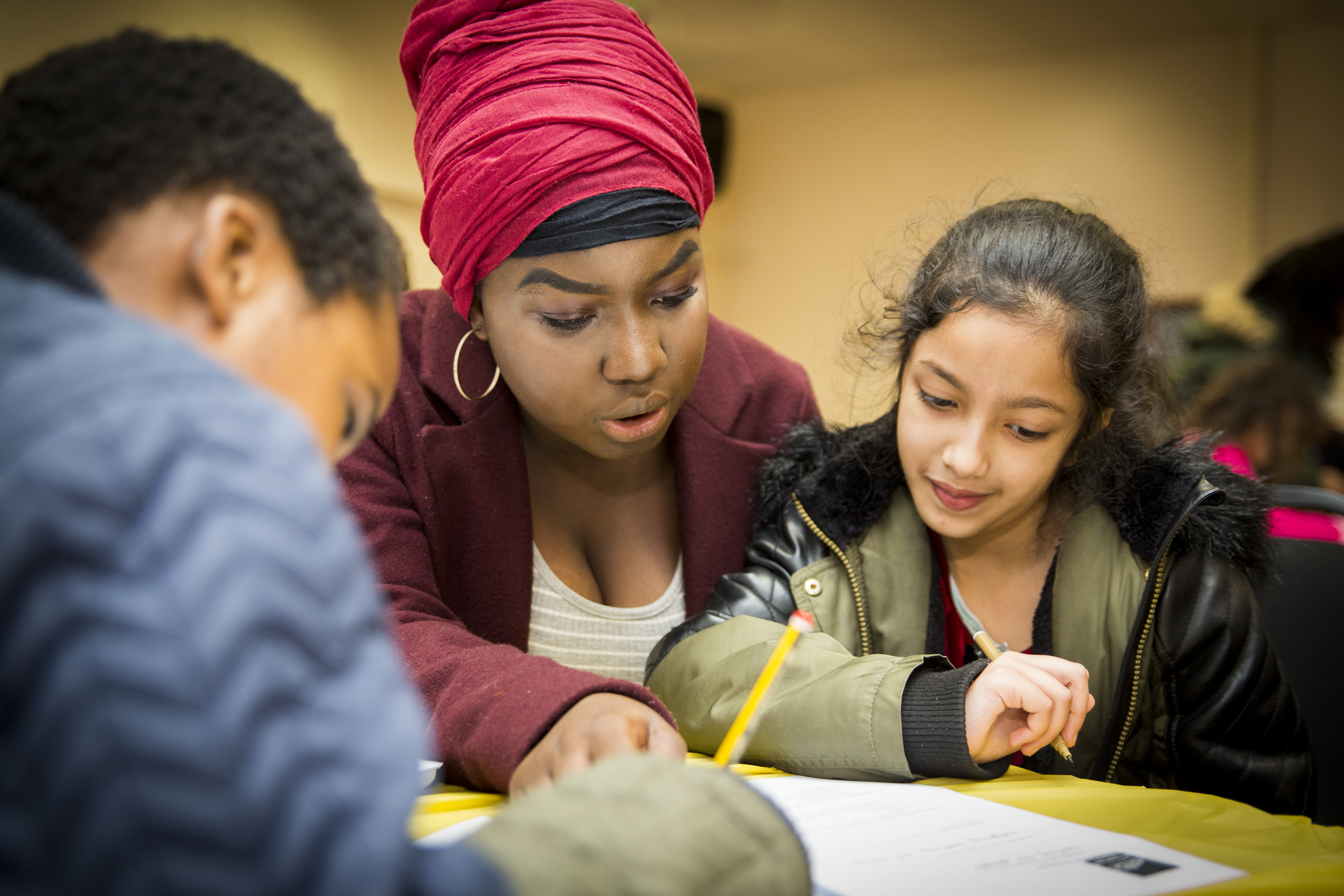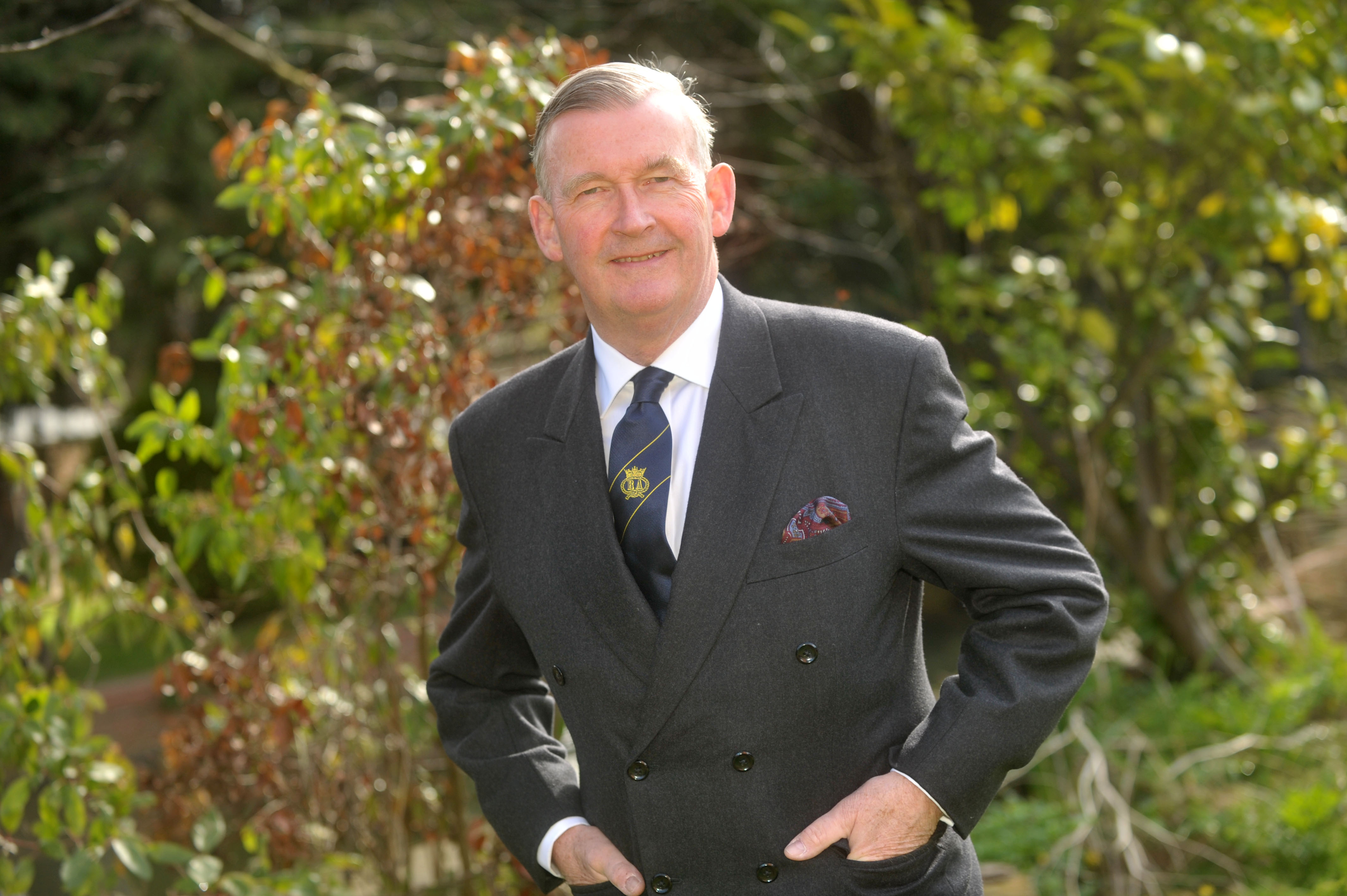Brian Boxall-Hunt, CEO of the care charity, the Royal Alfred Seafarers talks with Melissa Moody about how "good old fashioned leadership and management" has been the key to keeping the charity steady on rocky waters.
-----------------------------------------------------------------------------------------------------------------------
Melissa: How has the Royal Alfred Seafarers been during the pandemic?
Brian: When the pandemic first hit the nation last year, we were in a relatively good position. We set in place some key principles to get us through what was then an unknown length of time with potentially serious consequences. This included keeping a full complement of staff employed even if occupancy fell dramatically. Also using our reserves as necessary to uphold cashflow and rigorously going after all necessary supplies of food, medical stores and PPE, whatever the cost.
From the beginning, the key has been no more than good old-fashioned leadership and management, letting the senior team get on with managing and using initiative whilst creating the environment for them to do so and thrive, being available for advice and guidance and taking the key and difficult decisions strategically.
Melissa: What have been the biggest challenges?
Brian: Like many in the care sector, the pandemic had a massive impact on our capacity as a team, but our loyal and hard-working staff of around 100 did exceptionally well, with at one time 25% off work through either having symptoms, self-isolating or shielding. This meant that at times of peak pressure and reduced numbers, staff moved across departmental boundaries to assist where needed – impressive to watch.
Melissa: Have there been any positives?
Given the tough time endured in 2020 and the necessarily lower occupancy being closed to new admissions has brought, we have grasped the opportunity presented.
Despite the Home being in excellent working order, we have embarked upon a phased modernisation of the Home by enlarging bedrooms and ensuring each has an ensuite shower – the days of shared facilities must be consigned to the past pre-virus times. This will be achieved whilst keeping operational and with the absolute minimum of disturbance to our current population. Thus, out of dark times has emerged the light on the horizon – something for us all to positively concentrate on rather than dwell on the negatives.
In July we were lucky enough to be able to host our Royal Patron HRH Princess Anne to meet and spend time with staff, residents and tenants as well as see first-hand our latest modernisation plan – a great day for all.
Melissa: How have you been keeping staff motivated during the pandemic?
During the height of the pandemic we provided transport to get staff to and from work safely, ensured team members were able to work flexibly around other personal commitments and provided food and shopping free of charge for staff who were unable to get to the shops.
We also continued to invest in our workforce and in staff training, as we’ve always done. Our focus on learning and development keeps our staff motivated and fulfilled in their careers with us.
Our efforts to maintain high levels of training and development during the pandemic resulted in our Society being recognised at the postponed 2020 Great British Care Awards which took place on 23 July 2021. Our in-house trainer Sharon Hicks won the Workforce Development Award for the South East in acknowledgment of her efforts to maintain high levels of staff training throughout the Covid-19 pandemic.
We also provide bespoke training for our colleagues at the Society, delivering more than 1,000 hours of training annually. During the pandemic, we adapted courses to ensure they could still be delivered; with more e-learning programmes, smaller session sizes, and more one-to-one training. We deliver on average eight different courses per month for staff across the home and even have a specialist Maritime Acquaint Training programme which provides an insight to the lives of seafaring residents so that their care can be tailored to their individual requirements.
Not only do learning, development and progression opportunities keep our team happy in their work, but it means we are able to keep talented and caring individuals at Belvedere House long-term, resulting in a comforting environment and continuity of care for residents.
Melissa: You recently established a new health & wellbeing team, why was this? How has it impacted the charity?
We established our brand-new dedicated Health and Wellbeing team in June this year to focus on individual person-centred care and support the emotional and physical wellbeing of our elderly residents. Despite this being a new role at the society, health and wellbeing of our staff and residents has always been a big focus for us as a charity.
Our Health and Wellbeing team works with the care and nursing teams to ensure each, and every resident receives the best standard of individualised care. The team also promotes and celebrates diversity and inclusion within the Society, with tailored support for our staff and residents’ physical and emotional wellbeing.
When it comes to health and wellbeing, we know that one size doesn’t fit all, and we will be working towards individual wellbeing programmes for all of our residents as part of our goal to provide completely bespoke individualised care.
Melissa: What does the future look like for the Royal Alfred Seafarers?
After a trying year, we are now looking to the future by undergoing a programme of modernisation including creating en-suite wet rooms for residents, enlarging bedrooms and building a new lounge for the Home.
As well as this, upskilling staff will continue to be a big focus for us. So far, upskilling has allowed our colleagues to learn a range of new skills, removing any additional costs of hiring sub-contractors and reducing waiting times. Our in-house maintenance team now complete 95% of all jobs on-site and have been key in supporting our charity’s ambitions to reduce our reliance on fossil fuels.
In the last two years, our maintenance team have installed solar panels which have cut our electricity bills by around 15% along with a sustainable pellet-fired biomass boiler which has reduced gas usage by around 20%. Our latest environmental initiative was sinking a 135m borehole to supply fresh water to the home which, now up and running, will save us £8,000 a year, allowing for even more investment in facilities for residents. In the future, we plan to become even more self-sufficient to be more economical and reduce our carbon footprint even further.
Charity Times video Q&A: In conversation with Hilda Hayo, CEO of Dementia UK
Charity Times editor, Lauren Weymouth, is joined by Dementia UK CEO, Hilda Hayo to discuss why the charity receives such high workplace satisfaction results, what a positive working culture looks like and the importance of lived experience among staff. The pair talk about challenges facing the charity, the impact felt by the pandemic and how it's striving to overcome obstacles and continue to be a highly impactful organisation for anybody affected by dementia.
Charity Times Awards 2023
Mitigating risk and reducing claims

The cost-of-living crisis is impacting charities in a number of ways, including the risks they take. Endsleigh Insurance’s* senior risk management consultant Scott Crichton joins Charity Times to discuss the ramifications of prioritising certain types of risk over others, the financial implications risk can have if not managed properly, and tips for charities to help manage those risks.
* Coming soon… Howden, the new name for Endsleigh.
* Coming soon… Howden, the new name for Endsleigh.
Better Society

© 2021 Perspective Publishing Privacy & Cookies











Recent Stories